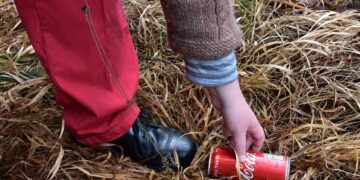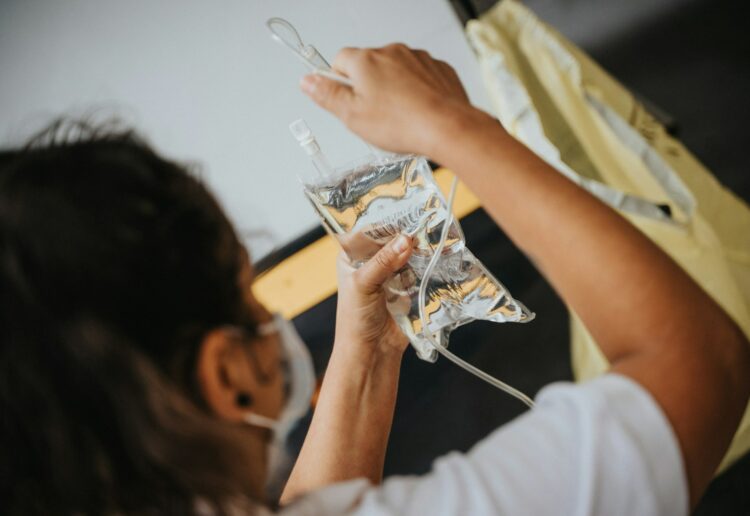JOBS in the NHS have been named the most difficult during the Christmas period according to new statistics.
A survey conducted by NHS Charities Together showed that nearly three quarters of those asked said that NHS staff have the “hardest” job this time of year.
The profession was named as the hardest by 72% of respondents, followed by hospitality workers, at 49%, and delivery drivers, at 44%.
While the public widely acknowledges the challenges, the study also polled 500 NHS staff which showed a troubling picture of how they feel at this time of year.
More than half of NHS staff (51%) stated that December is the most stressful month for them amid potential rises in flue and Covid cases.
It also reported that 60% of NHS staff said they were likely to miss a gathering with friends or family during Christmas while 54% said they are likely to work extra shifts to cover for sick staff.
Staff shortages are identified as the number one cause of stress for NHS staff in December, with 31% naming it as their top concern.
Other challenges include staff sickness, polled at 15%, a rise in admissions due to seasonal illnesses, at 13%, and abusive behaviour from patients, at 10%.
To help manage winter pressures, three in 10 (31%) of NHS staff said they were likely to turn to services that support their wellbeing such as helplines, counselling, and free or subsidised classes.
Matthew Green, Staff Health and Wellbeing Lead at Royal Berkshire NHS Foundation Trust, is based in the Oasis Staff Health and Wellbeing Centre.
The centre is a building near the main hospital where staff can come to use gym equipment, take part in yoga sessions, recuperate, or make use of the gardens.
Mr Green said: My role is to identify and support staff who might be struggling with their health and wellbeing.
“I’m not a clinician, which helps break down some of the barriers and stigma associated with accessing support.”
He explained: “During winter I am often contacted by staff struggling with seasonal pressures, such as staff sickness and increased patient numbers, but there are also particular incidents unique to NHS roles which mean staff are more likely to need health and wellbeing support.
“I co-ordinate our in-house Trauma Support Service (TRiM) which helps proactively reach staff who may need support following a potentially traumatic event such as an unexpected patient death.
“During a peer-led TRiM session, our qualified practitioners offer staff a safe, confidential space where they are listened to.”
He explained: “Our TRiM Practitioners have regular supervisions with a clinical staff psychologist which helps protect and promote their own wellbeing, and ensure they are able to support others.
“Alongside TRiM and the Oasis Staff Health and Wellbeing Centre, staff also have access to an employee assistance programme (EAP), team based psychological support sessions led by our staff Psychologist, free staff physiotherapy sessions and seasonal COVID-19 and flu vaccinations.
“Since opening the Oasis Staff Health and Wellbeing Centre, the NHS Staff Survey results show a 14% increase in our staff recognising the organisation takes positive action on their Health and Wellbeing”.













































